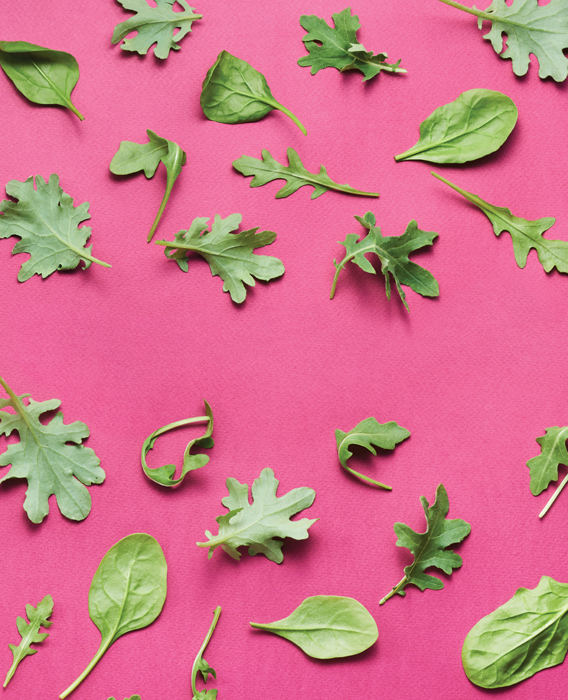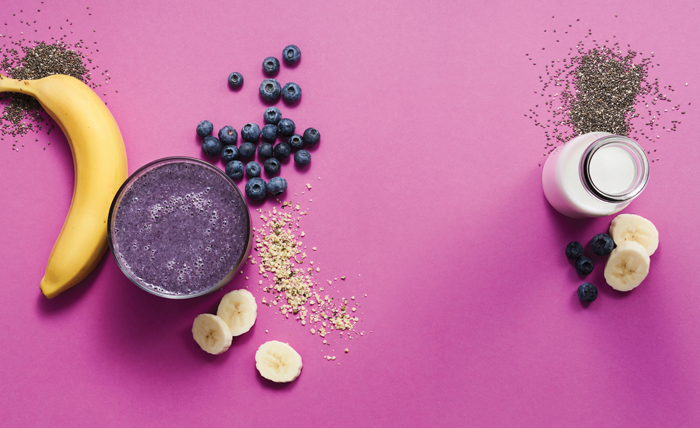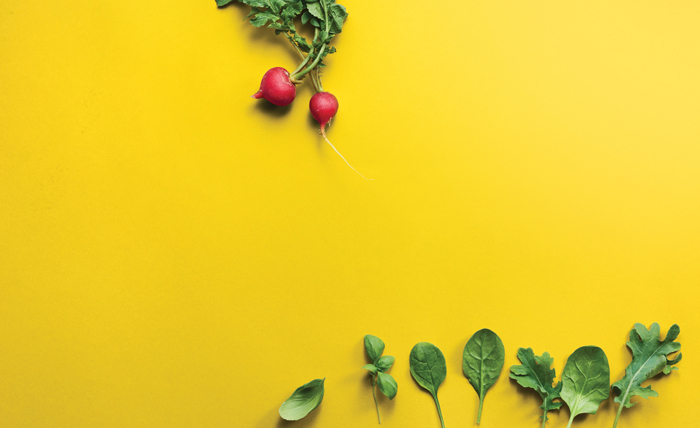Copyright 2021 by Rockridge Press, Emeryville, California
No part of this publication may be reproduced, stored in a retrieval system, or transmitted in any form or by any means, electronic, mechanical, photocopying, recording, scanning, or otherwise, except as permitted under Sections 107 or 108 of the 1976 United States Copyright Act, without the prior written permission of the Publisher. Requests to the Publisher for permission should be addressed to the Permissions Department, Rockridge Press, 6005 Shellmound Street, Suite 175, Emeryville, CA 94608.
Limit of Liability/Disclaimer of Warranty: The Publisher and the author make no representations or warranties with respect to the accuracy or completeness of the contents of this work and specifically disclaim all warranties, including without limitation warranties of fitness for a particular purpose. No warranty may be created or extended by sales or promotional materials. The advice and strategies contained herein may not be suitable for every situation. This work is sold with the understanding that the Publisher is not engaged in rendering medical, legal, or other professional advice or services. If professional assistance is required, the services of a competent professional person should be sought. Neither the Publisher nor the author shall be liable for damages arising herefrom. The fact that an individual, organization, or website is referred to in this work as a citation and/or potential source of further information does not mean that the author or the Publisher endorses the information the individual, organization, or website may provide or recommendations they/it may make. Further, readers should be aware that websites listed in this work may have changed or disappeared between when this work was written and when it is read.
For general information on our other products and services or to obtain technical support, please contact our Customer Care Department within the United States at (866) 744-2665, or outside the United States at (510) 253-0500.
Rockridge Press publishes its books in a variety of electronic and print formats. Some content that appears in print may not be available in electronic books, and vice versa.
TRADEMARKS: Rockridge Press and the Rockridge Press logo are trademarks or registered trademarks of Callisto Media Inc. and/or its affiliates, in the United States and other countries, and may not be used without written permission. All other trademarks are the property of their respective owners. Rockridge Press is not associated with any product or vendor mentioned in this book.
Interior and Designer: Richard Tapp
Art Producer: Hannah Dickerson
Editor: Claire Yee and Britt Bogan
Production Editor: Nora Milman
Photography 2020 Marija Vidal, food styling by Elisabet der Nederlanden
courtesy of Naomi Littlewood

Cover: .

Contents: .

WFPB, OMG!:.
ISBN: Print 978-1-64739-873-6 | eBook 978-1-64739-550-6
R0
This book is dedicated to Dr. T. C. Campbell and the creators of Forks Over Knives. The impact of their dedication to sharing the message of the benefits of a whole-food, plant-based diet is immeasurable.
Welcome!
Before living a whole-food, plant-based (WFPB) lifestyle, I was a vegetarian as a teenager, but after social pressures, I returned to the standard American diet by the time I was 20 years old. At 33 years old, I decided to try a WFPB diet after watching the documentary Forks Over Knives . If you had asked me that day whether I had any health issues related to my regular diet, I would have said no.
I spent the first weeks purging my kitchen of animal products and heavily processed foods. I looked into what the WFPB research said I should be eating. I was pleased to discover it was simple foods that I could buy at my local grocery store: fruits, vegetables, leafy greens, legumes, whole grains, spices, mushrooms, berries, nuts, and seeds.
As I was diving into the research and trying new recipes, something really strange happened. I started feeling better. My asthma, allergies, eczema, and arthritis pain were all vanishing. Suddenly, I realized maybe I hadnt been that healthy after all. After this experience, I was convinced that eating mostly plant-based foods that were not overly processed was the best thing for me. I would not have believed this was possible without having experienced it myself.
I began reading every book I could get about the WFPB diet, empowering myself with as much knowledge as I could find. Then, over the next few months, other benefits became apparent. My migraines and chronic sinus infections stopped. I didnt get that tired feeling after eating, and I was sleeping deeper. So here I am, over six years later, not just surviving but thriving. Although my personal reasons for trying a WFPB diet were originally curiosity and then health focused, I have also come to appreciate all the financial, ethical, and environmental reasons for enjoying this lifestyle.
Per calorie, unprocessed plant-based foods are some of the cheapest foods around. In particular, root vegetables, rice, and dried legumes and beans are some of the most economical choices in the grocery store. For anyone living on a tight budget, switching to WFPB can be a financial game changer.
I connected the ethical dots when I was pregnant with my first child. I was about six months into realizing I didnt need animal products in my diet, and the love I felt for the baby inside me and the excitement I had to meet and care for my baby boy made me consider the experience of animal mothers. I recognized that my desire to nurture my baby was felt by other animals for their young, too. The ethical side of my journey has been unexpected, but very welcome.
For people to thrive in the future, we need to radically slow our overuse of the worlds natural resources. Eating more foods with a lower environmental impact is a great step for anyone concerned about Earth. Unprocessed plant-based foods use less land and water, on average, compared to processed foods or animal-based foods. Even switching just a few meals per week to plant-based dishes is moving in the right direction for the environmentally minded.
Whatever your personal reasons for choosing to eat more plants, this five-ingredient cookbook will help you start your journey or continue with a lifestyle that maybe you have already been embracing for a while. Cooking is fun, and I absolutely enjoy recipes with lots of ingredients, but what I love about these minimal-ingredient recipes is that they are a good (and tasty!) reminder that meals do not have to be complicated.
So, wherever you are on your health, ethical, or environmentalor another!journey, I hope you are encouraged to dive in and try a WFPB diet to see how it can improve your life, too.


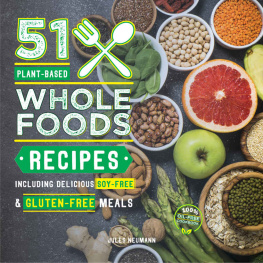
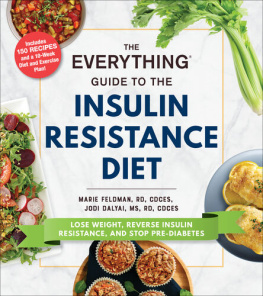
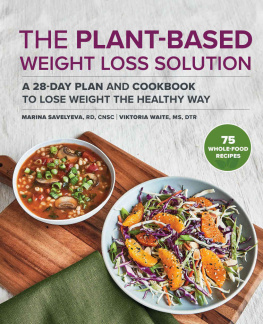

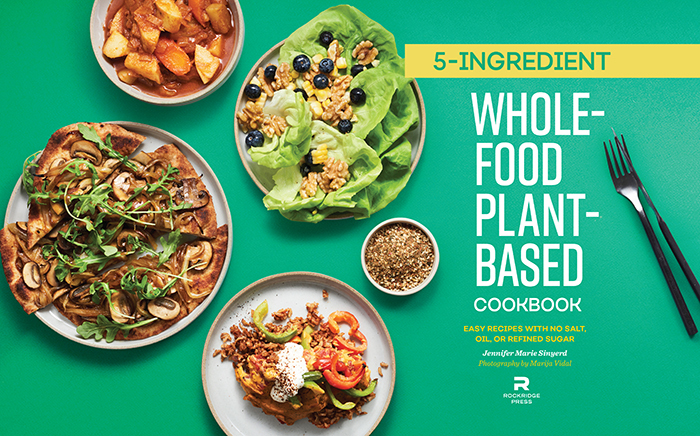
 Cover: .
Cover: .